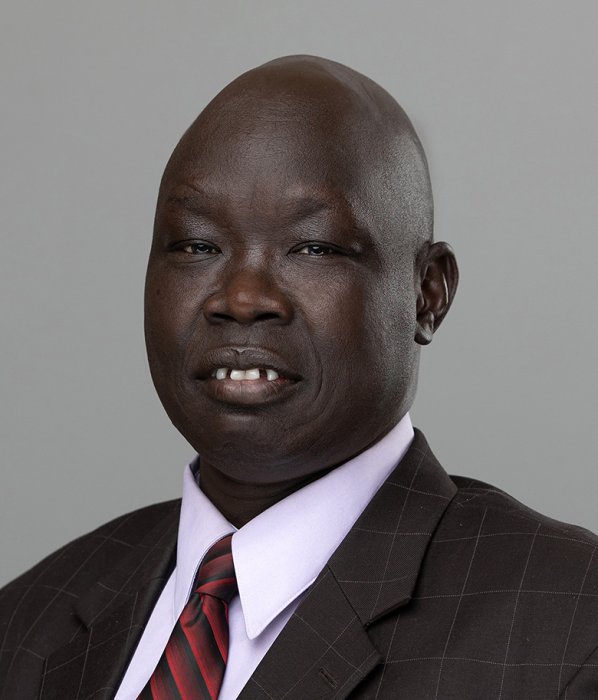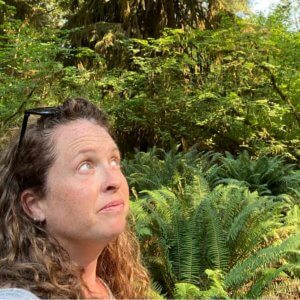Paulino Mamiir Chol was born on January 1, 1981, according to the United Nations High Commissioner for Refugees (UNHCR) estimation, in Twic County, Warrap State, in the Bahr El Ghazal region of South Sudan. At the age of seven, he was kidnapped by the Sudanese militias called Murahalin, and he survived long enough to be forced, along with 30,000 other Lost Boys, into years of survival in the Pinyido refugee camp in Ethiopia.
For decades, despite multiple kidnapping attempts by the Arab militias, airborne assaults, and the murder of his friends and family, he rose in the leadership hierarchy to lead 19 to 700 Lost Boys over 3,000 miles on bare feet to their freedom, and he became a group leader of Minor Group 41 in the Kakuma refugee camp in Kenya. He managed the resettlement of over seven thousand Lost Boys from the Kakuma refugee camp to the United States, in which over four thousand Lost Boys came to America and around three thousand Lost Boys remained in Africa because of the shocking corruption of selling the names of the real Lost Boys to fake Lost Boys.
The author lives in Denver, Colorado, and is taking a PH.D. in management and homeland security at Colorado Technical University. He has a master’s degree in law and policy from the University of Denver Sturm College of Law and a Bachelor of Arts degree in criminal justice from the University of Colorado.
There was solid evidence that two of our Head Boys, Angelo Biar Deng in Minor Group 2 and Gabriel Majok Bol in Minor Group 3, were among the true Lost Boys who remained in the Kakuma refugee camp as a result of the terrible corruption of the UN officials and South Sudanese leaders in the camp.
Another excellent example is John Bul Dau (actual name: Jacob Dhieu Deng), the author of Lost Boy, Lost Girl: Escaping Civil War in Sudan. Dhieu Deng came to America by using John Bul Dau’s identity. Dhieu Deng was my neighbor in the Kakuma refugee camp. He lived with his mother and siblings in the Nyarweng Community Group 36.
In the Kakuma refugee camp, the Community Groups were residential areas for children, elders, men, and women. The South Sudanese Community Groups were named after their sections. For example, Nyarweng is a section in the Dinka tribe of the Jonglei State. In Kakuma, all people in the Community Groups were living according to their families, relatives, clans, sections, and tribes. Minor Group 41 was between Nyarweng Community Group 36 and Minor Group 43. John Bul Dau was living in Minor Group 43 because he was a Lost Boy. Bul was with me on the volleyball team in the camp.
Dhieu Deng claimed that he was a Lost Boy leader in the Ethiopian and Kenyan refugee camps, but it was a fraudulent claim. He was not a lost leader because Dhieu Deng failed to mention the name of a Minor Group he led in the camps.
The author lives in Denver, Colorado, and is taking a PH.D. in management and homeland security at Colorado Technical University. He has a master’s degree in law and policy from the University of Denver Sturm College of Law and a Bachelor of Arts degree in criminal justice from the University of Colorado.




